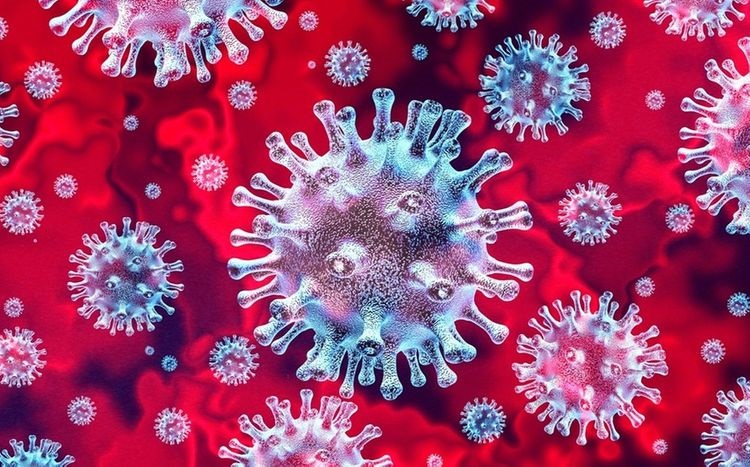
As the Covid-19 pandemic continues to spread, the need to understand which populations are most at risk of developing severe disease or dying from Covid-19 grows ever more critical. Recent studies have found an association between vitamin D and Covid-19 severity and mortality. Vitamin D may protect from viral infection and ameliorate the symptoms of Covid-19, including the cytokine storm.
One of the recent vitamin D studies demonstrated that in 20 European countries, an association exists between low levels of vitamin D and higher numbers of Covid-19 cases and mortality. Vitamin D levels are found to be severely low for the older population in these countries, especially in Spain, Italy, and Switzerland. As these are some of the more vulnerable populations to developing Covid-19, this might play an important role in vulnerability to the disease.
Another recent Indonesian retrospective cohort study of 780 Covid-19 patients indicated that the majority of death cases had below-normal vitamin D levels and that vitamin D status was strongly associated with Covid-19 mortality.
Vitamin D has a known effect on the immune system, as previous studies have found an association between susceptibility to respiratory tract infections and low vitamin D levels. Vitamin D levels being low have been associated with numerous factors including older age, less sun in the winter, darker skin pigmentation, exposure to less sunlight, and diet. Diets rich in vitamin D, such as those that include fatty fish, orange juice, cheese, and eggs yolks, can help prevent vitamin D deficiency, along with supplementing vitamin D.
Higher vitamin D levels are found in northern Europe due to a diet heavy in cod liver oil and a higher amount of vitamin D supplements. Scandinavian nations have lower numbers of Covid-19 cases compared to the rest of Europe. Italy is one of the worst affected European countries, and has very high levels of vitamin D deficiency, especially in the elderly. Increased pigmentation results in reduced vitamin D production via sun exposure. Individuals in institutions, such as hospitals and care homes, are more likely to be severely deficient in vitamin D due to lack of sun exposure or diet.
Vitamin D plays a role in the functioning of the immune system and modulates white blood cells by preventing them from releasing too many inflammatory cytokines. This could help lessen the Covid-19-induced cytokine storm. Vitamin D also helps to reduce lung injury and reduces the risk of acute respiratory tract infections.